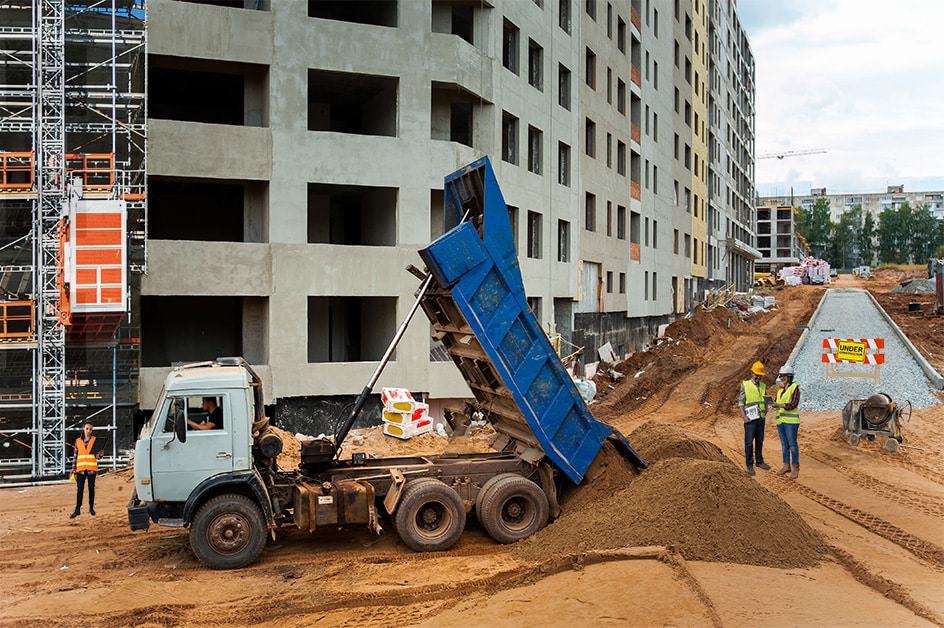[pods name=”amplispot_custom_setting_page” id=”43″ field=”name_of_the_company”] helps you choose from a variety of personal insurance and business insurance solutions.
Builder’s Risk Insurance provided by [pods name="amplispot_custom_setting_page" id="43" field="name_of_the_company"] .
Because every construction project is unique, each builder’s risk policy is different. You can customize your policy to fit your project’s needs by getting coverage extensions.
What is Builder's Risk Insurance?
Builder’s Risk Insurance, also known in some areas as Course of Construction, is a unique kind of property insurance. It’s a form of insurance that covers a building where the building or insured area is presently being constructed. It can cover just the structure, or also the materials on-site waiting to be installed or transported to the job site and is a type of insurance that most owners will ask every contractor to carry.
The builder’s risk insurance policy will pay for damages up to the coverage limit. The limit must accurately reflect the total completed value of the structure (all materials and labor costs, excluding land value). The construction budget is the best source for determining the appropriate limit of insurance.
What does Builder's Risk Insurance Cover?
The builder’s risk policy will provide coverage for damage done to the insured structure from a wide variety of events. Damage from the following events will be covered by most policies:
- Fire
- Wind (may be limited in coastal areas)
- Theft
- Lightning
- Hail
- Explosion
- Vandalism
- Vehicles or aircraft
Why is Builder's Risk Insurance important?
A builder’s risk insurance policy helps protect your construction projects from certain kinds of property damage. It can also help cover additional soft costs, or expenses not directly related to construction, if property damage causes a delay. This can include:
- Lost sales
- Rental income
- Additional interest on loans
- Real estate taxes
Because every construction project is unique, each builder’s risk policy is different. You can customize your policy to fit your project’s needs by getting coverage extensions.
How does builders’ risk insurance differ to contractor’s general liability insurance?
This is where confusion often arises. A contractor might ask: ‘Why do I need builder’s risk insurance when I have contractor’s general liability insurance?’ While on the surface the two coverages may seem similar, they play very different (but equally important) roles.
While builder’s risk insurance covers the contractor’s property or equipment during construction, the contractor’s general liability insurance policy covers bodily injury, property damage and any resulting liability that may arise from possible accidents. It protects contractors if they’re accused of causing injury or property damage.
Contact us to know more !

